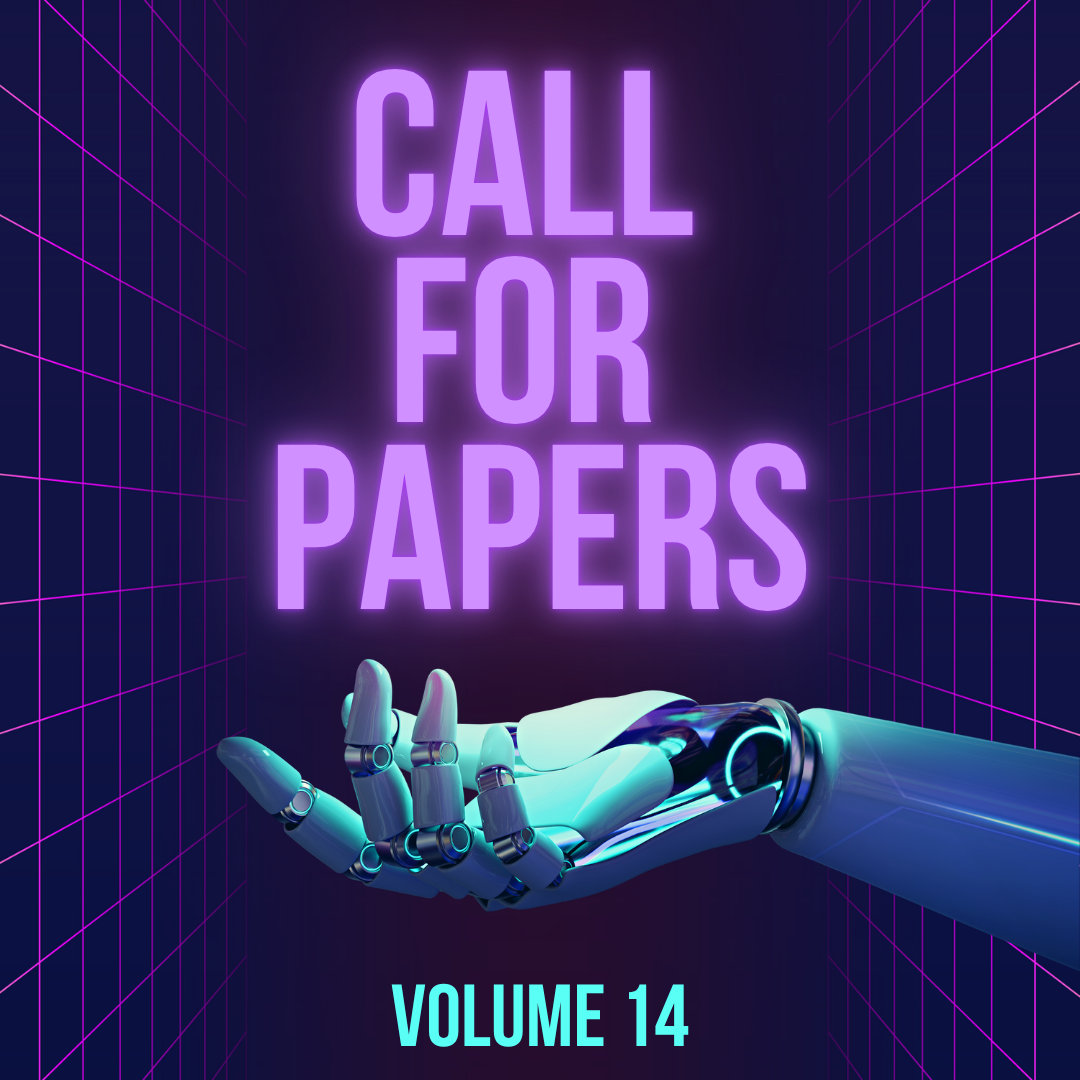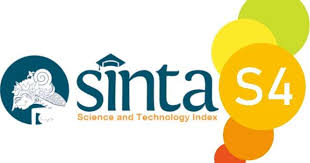The Eye and Nose Identification Chip Controller-Based on Robot Vision Using Weightless Neural Network Method
Keywords:
Single-chip controllers, Weightless Neural Network, the Immediate Scan approach, facial recognition, eye and mouth identificationAbstract
Increasingly advanced image analysis in computer vision, allowing computers to interpret, identify, and analyze pictures with accuracy comparable to humans. The availability of data sources in decimal, hexadecimal, or binary forms enables researchers to take the initiative in applying their study findings. Decimal formats are typically used on traditional computers like desktops and minicomputers, whereas hexadecimal and binary formats were utilized on single-chip controllers. Weightless Neural Network is a method that can be implemented in a single chip controller. The aim of this research is to develop a facial recognition system, for eye and mouth identification, that works in a single chip controller or also called a microcontroller. The suggested method is a Weightless Neural Network with Immediate Scan approach for processing and identifying eye and nose patterns. The data will be handled in many memory locations that are specifically designed to handle massive volumes of data. The data is made up of primary face data sheets and face input data. The data sets utilized are (x,y) pixels, and frame sizes range from 90x90 pixels to 110x110 pixels. Each face shot will be processed by selecting the region of the eyes and nose and saving it as an image file. The eye and nose will identify the face frame. Next, the photos will be converted to binary format. A magazine matrix will be used to transmit binary data from a minicomputer to a microcontroller via serial connection. Based on a known pattern, the resultant similarity accuracy is 83,08% for the eye and 84,09% for the sternum. In contrast, the similarity percentage for an eye ranges from 70% to 85% for an undefined pattern.



